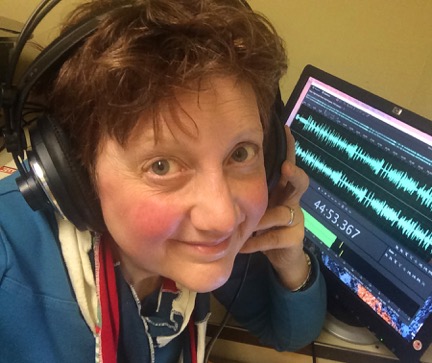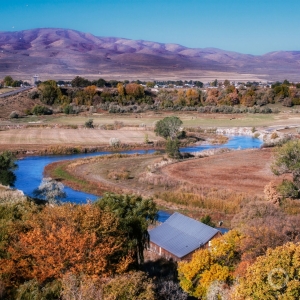Welcome to “What’s Up With Water,” your need-to-know news of the world’s water from Circle of Blue. This is Eileen Wray-McCann.
In South Africa, cities in Eastern Cape province are once again facing the threat of water shortages. Reservoirs in the province are extremely low, especially those that serve over a million people living in Nelson Mandela Bay. The city’s reservoir system is just 12 percent full. Due to extended drought and aging equipment, the system has struggled in recent years to provide reliable water. Last week, officials posted on Facebook, urging residents to obey water restrictions in order to avoid dry taps. The city is reducing water pressure through Christmas to force people to conserve. With little rain in the forecast, residents are being encouraged to use 50 liters per person per day. That amounts to 13 gallons daily for drinking, bathing, cooking, and doing laundry. It’s the same water-use target that Cape Town established during its Day Zero water crisis in 2018.
In South Sudan, the coronavirus pandemic is a secondary concern these days. The New York Times reports that vaccination drives have taken a backseat as residents are beset by unprecedented flooding that is affecting a third of the country. Carved out of Sudan a decade ago, South Sudan is one of the world’s poorest countries. It faces a daunting array of natural hazards that include drought and disease. But none weighs as heavily at present as the threat of flooding. Severe rains are becoming more frequent in the country as climate change worsens. Many of South Sudan’s 11 million citizens are overwhelmed with hunger and illness. They say receiving the Covid inoculation is not a priority compared with rampant malaria and diarrhea. For many others, flood waters have completely cut off entire villages from the rest of the country, making traveling to receive the vaccine impossible. Under these circumstances, even delivering vaccines is a challenge. The airstrip for villages in Jonglei state was underwater. A vaccine shipment was stuck in the capital, unable to reach its destination by air or road.
In the United States, a battle over renewable energy in New England has taken another turn. The Associated Press reports that the environment commissioner in Maine suspended a permit for a high-voltage electricity transmission line intended to cross the state. The $1 billion project was designed to transport hydropower generated in Quebec to consumers in New England. Though the project would cut through 53 miles of forest in western Maine, most of the electricity would be destined for Massachusetts, in order to fulfill that state’s clean energy standard. In a referendum earlier this month, Maine voters rejected the transmission line. The state says that the permit could be reinstated if the project developers win a legal challenge.
And that’s What’s Up With Water from Circle of Blue, which relies more than ever on your support. Right now, your tax-deductible gift goes twice as far, thanks to NewsMatch – it’s a challenge grant matching your one-time or monthly donation dollar for dollar. It’s a limited time offer – so find out more – and make a difference at
circleofblue.org. This is Eileen Wray-McCann – thanks for being here for us.





